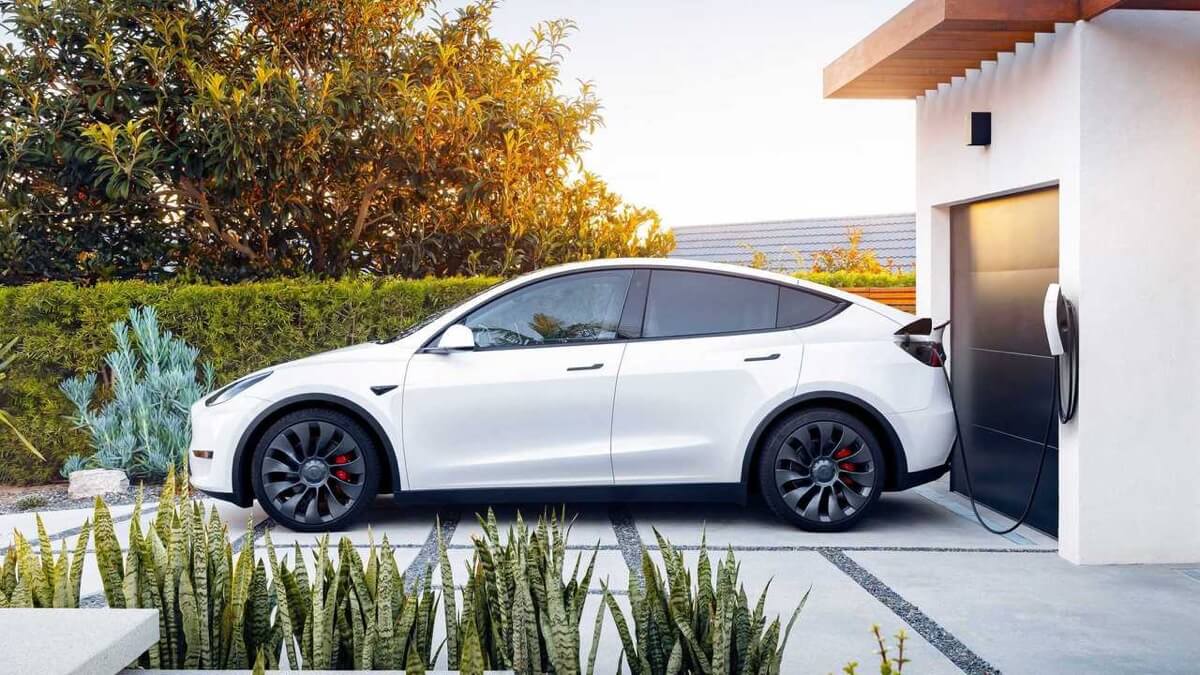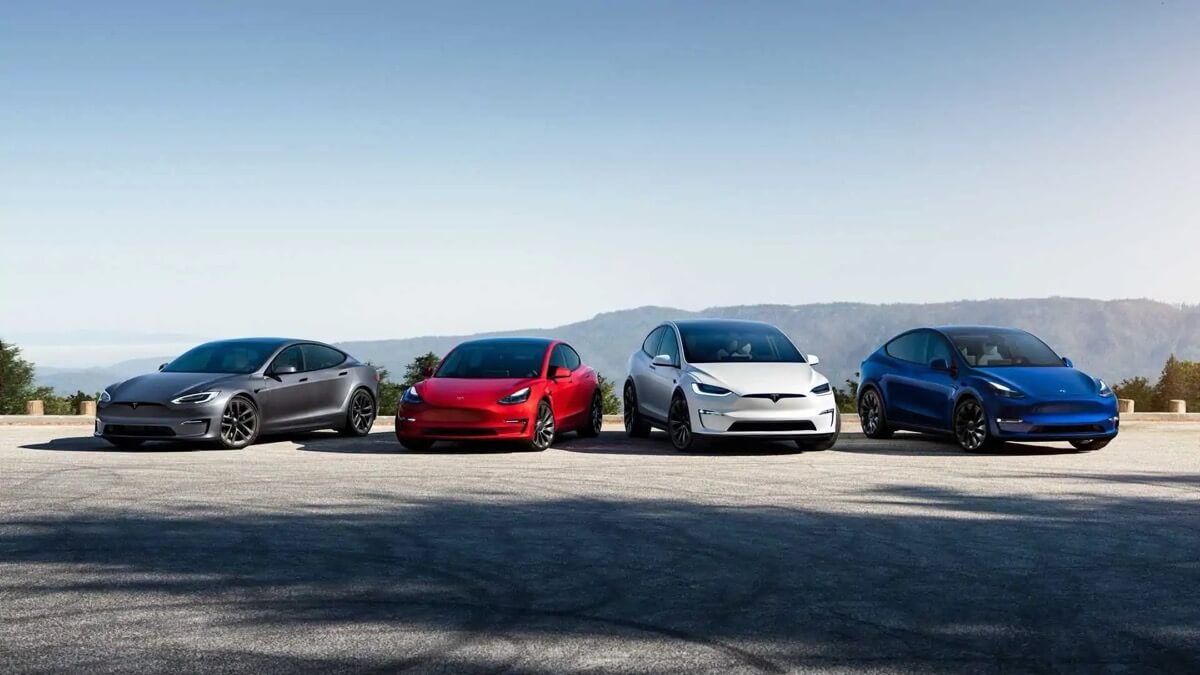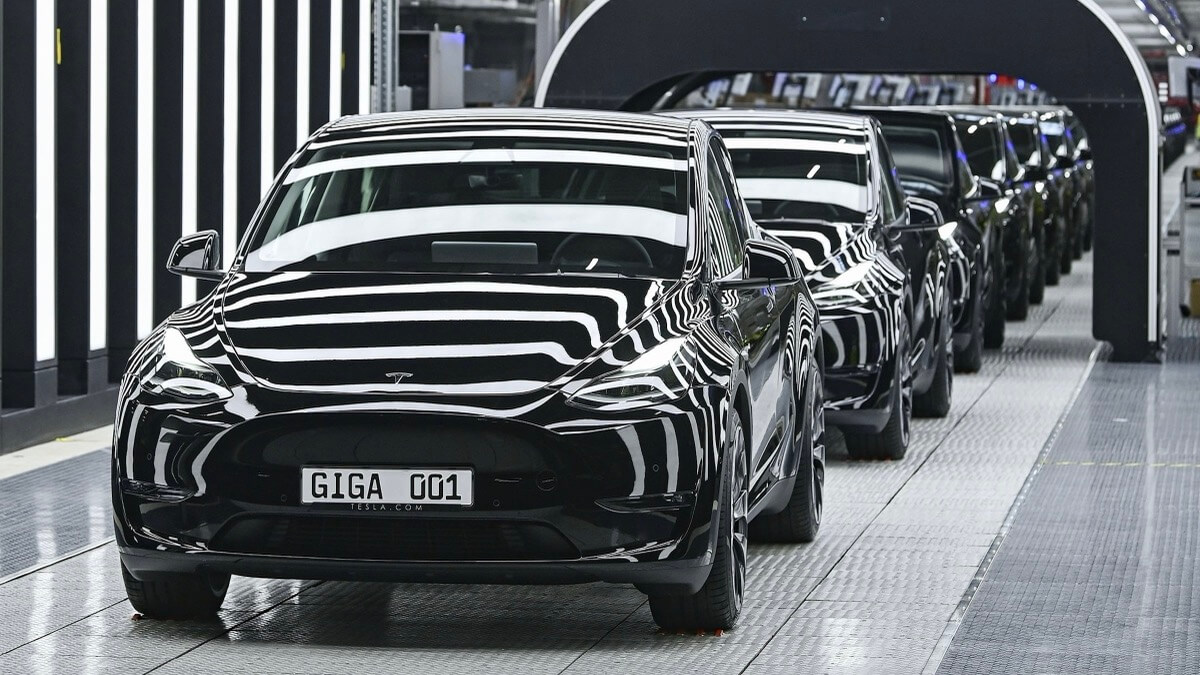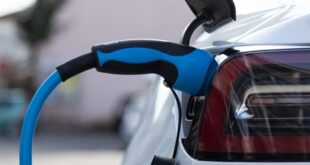With EV sales dropping 28% in Germany after subsidies were cut, Tesla’s push to end U.S. credits might not be the smart move some investors think it is.
Tesla’s recent support for ending EV subsidies in the U.S. has sparked a debate about whether such a move would actually help the company. Some argue that since Tesla is the leader in electric vehicles with better margins than most competitors, cutting subsidies would force other EV makers to struggle while Tesla stays afloat. The idea is that, in the long run, this could push competitors out of the market and leave Tesla as the dominant EV brand.
It’s a tempting argument for investors who believe Tesla could eventually monopolize the EV market. But this thinking rests on a few shaky assumptions—and real-world examples like Germany’s recent experience without EV subsidies show why it’s unlikely to play out that way.
First, it assumes other companies will stop investing in EVs if margins become too thin. But big automakers aren’t relying solely on EV sales. They’re funding EV investments with profits from gas cars, which won’t be affected by changes in EV subsidies. Even without immediate profits, companies have shown they’re willing to stick with EV development. After all, Tesla itself operated at a loss for years before it became profitable. Startups may face more challenges, but they could still attract investors who believe in the long-term future of EVs.

Meanwhile, Tesla doesn’t have gas car sales to fall back on. Its revenue comes entirely from EVs, so removing the $7,500 tax credit could cut into its profits significantly. In Q3 2024, Tesla earned about $6,886 per car—less than the subsidy amount. Without that credit, its margins shrink, meaning less money to invest in new projects and expand production. Rather than helping Tesla, this move would likely slow down its growth.
But beyond the theoretical arguments, we have a real-world example that shows what happens when subsidies disappear: Germany. In late 2023, the German government ended EV subsidies, hoping the market could stand on its own. The result? EV sales plummeted by 27.4% in 2024, dropping their market share to just 13.5%. Despite EV adoption rising in other major markets like the U.S. and China, Germany experienced a “lost year for electro-mobility.”
Interestingly, while EV sales fell, hybrid and plug-in hybrid sales grew significantly, as buyers looked for cheaper alternatives. Hybrid sales jumped by 12.7%, capturing over a third of the market, while plug-in hybrids rose by 9.2%. Meanwhile, gasoline cars remained dominant, increasing their share to 35.2%. Even Tesla wasn’t spared—its sales in Germany dropped by a massive 41%.

Germany’s experience shows that removing EV subsidies doesn’t lead to a stronger EV market; it leads to fewer EVs being sold. If Tesla’s goal is truly to accelerate the transition to sustainable transportation, cutting subsidies makes little sense. Without support, EVs become more expensive compared to gas cars, slowing the shift to electric mobility.
Elon Musk may think Tesla can weather the storm, but the numbers suggest otherwise. Removing subsidies would hurt not just Tesla, but the entire EV industry, while giving gas cars an edge they don’t deserve.








